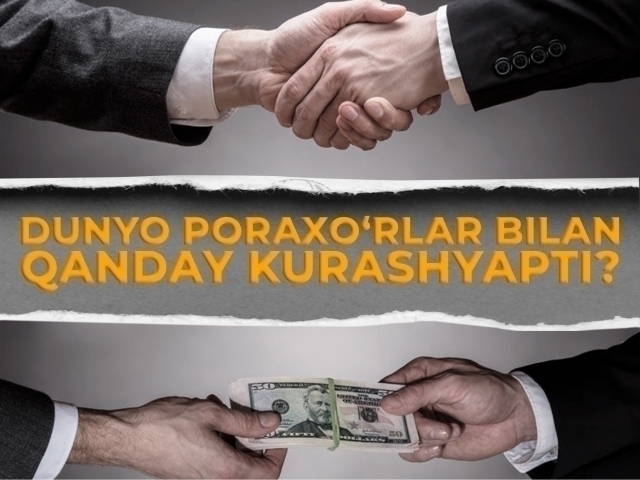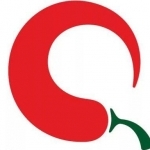Fighting corruption: Strategies and penalties across nations
Interesting
−
05 March 2025 8748 5 minutes
On March 5, during a Senate meeting, President Shavkat Mirziyoyev voiced his dissatisfaction with the performance of the Anti-Corruption Agency. In an extended session dedicated to assessing efforts and outlining priorities in preventing corruption, the President criticized the agency for limiting itself to counting criminal cases rather than addressing systemic issues. It was highlighted that thanks to tighter controls on investment programs following the President’s directive, the country saved 3 trillion soums last year alone. Similarly, the introduction of a “Situational Center” in the healthcare sector helped prevent 1.2 trillion soums in misuse during 2024.
“Why do these measures always begin only after a presidential directive?” the President questioned.
The session also emphasized the need to study international practices and establish a solid legal framework for combating cyber-corruption effectively.
How Does the World Tackle Corruption?
Let’s explore how various countries fight corruption through their methods, penalties, and unique approaches.
Denmark: Zero Corruption Rating in 2023
According to studies conducted in 2023, Denmark has achieved a corruption level rated at zero.
Denmark’s legal framework includes criminal penalties for bribery, fraud, and abuse of office. For example, anyone caught offering a bribe to a public official may face fines or imprisonment of up to three years. Public officials accepting bribes face fines or imprisonment for up to six years.
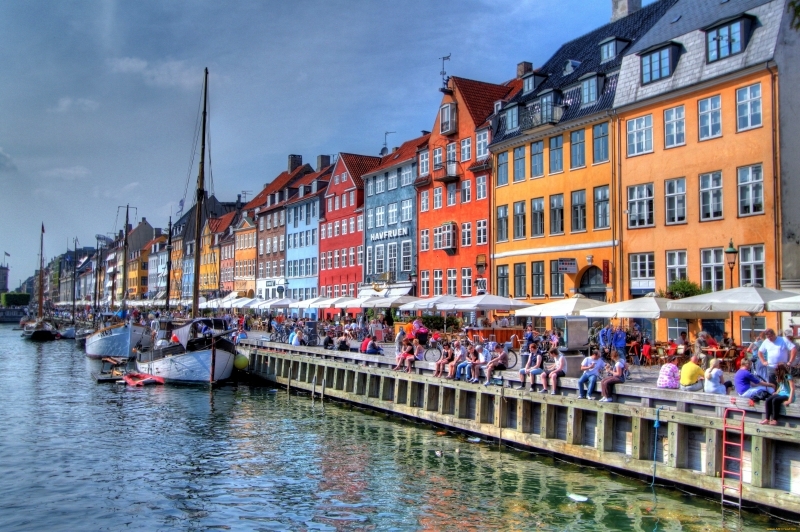
Despite the absence of overly harsh penalties, Danish society collectively rejects corruption as unacceptable. The population has a strong, ingrained understanding that corruption contradicts basic human values.
China: Severe Penalties, Including Death
China is among the leading nations in the fight against corruption. Its laws impose severe punishments for corruption, equating it to drug trafficking and murder. Bribery of government officials can even result in the death penalty.
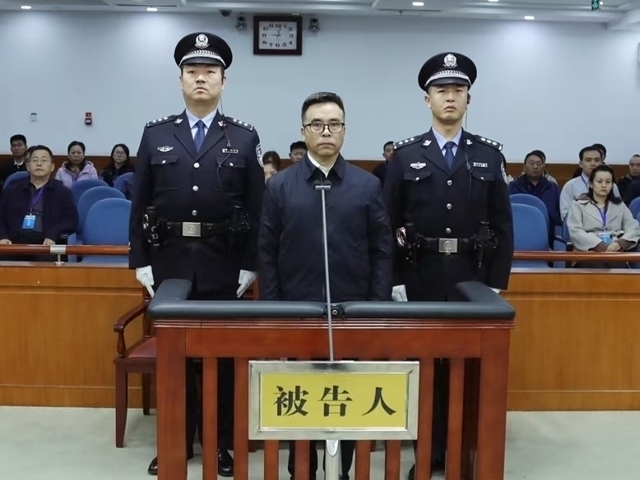
In recent years, the Chinese Communist Party has pursued high-ranking officials accused of corruption with unrelenting severity, often leading to arrests and executions.
The level of punishment in China depends on the scale of corruption:
Corruption up to 100,000 yuan (about 176,907,605 UZS): Up to 10 years imprisonment.
Corruption exceeding 100,000 yuan: From 10 years imprisonment to life sentences.
Corruption exceeding 3 million yuan (approx. 5,307,228,150 UZS): Death penalty.
These penalties are often accompanied by confiscation of titles, ranks, and all property of the individual and their family.
A notable case occurred in October last year when Fan Yifei, the former deputy head of the People's Bank of China, was convicted of accepting over 386 million yuan (approximately $54.55 million) in illicit benefits. He was sentenced to a suspended death sentence.
Additionally, the Chinese government extends its anti-corruption efforts into cultural domains. In recent years, television series based on corruption investigations have gained popularity, reinforcing the idea that stealing state property is entirely unacceptable.
Iran: Severe Punishments Rooted in Sharia Law
Since the victory of the Islamic Revolution in 1979, Iran has implemented severe Sharia-based punishments for corruption, including flogging, amputation, and even stoning.

One notable case occurred in 2016, when Tehran’s Chief Prosecutor Said Mortazavi was found guilty of corruption and sentenced to 135 lashes—70 for embezzling state funds and 65 for neglecting his duties and wasting financial resources.
In 2018, another significant corruption scandal emerged, involving 16 former employees of the Central Bank who were convicted of accepting $3.5 million in bribes. These officials were publicly flogged, sentenced to 10 years in prison, and received an additional 74 lashes while incarcerated.
India: Public Campaigns to Fight Corruption
In India, bribery is pervasive, affecting nearly every aspect of official processes. To address this, the anti-corruption organization “Fifth Pillar” was established.
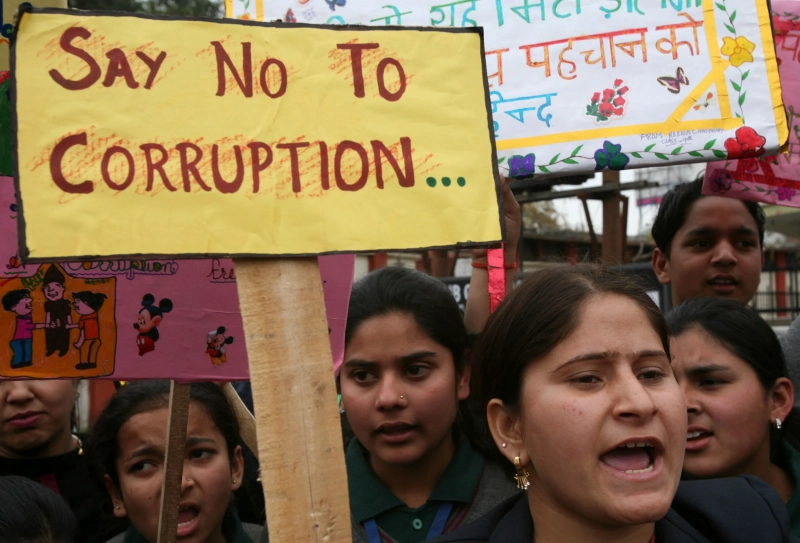
In 2010, the organization introduced a novel idea: a “Zero Rupee Note.” These notes resemble real currency but carry a warning: “Bribery is punishable under law” instead of the usual legal disclaimer. While the note has no monetary value, it is designed to empower citizens to resist demands for bribes. This initiative has gained popularity, with large quantities of the notes being printed and distributed across the country.
Czech Republic: Educating the Public Through “Corruption Tours”
In the Czech Republic, an innovative approach has been adopted in the capital city, Prague. A local tour company offers a unique experience called “Corruption Tours.”
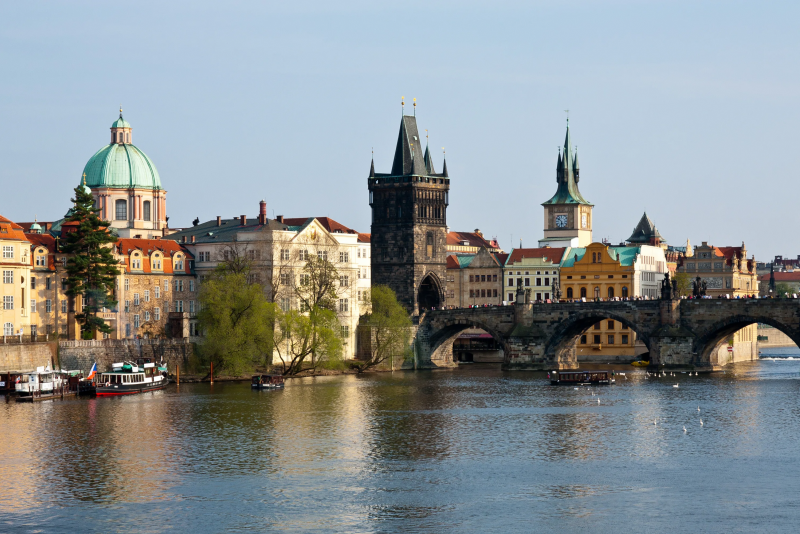
During this three-hour excursion, participants visit the extravagant residences and properties of politicians and government officials implicated in corruption scandals. Supported by the Czech government, which considers corruption a “social evil,” the tours aim to raise public awareness and highlight the consequences of unethical behavior.
Singapore: A Global Model in Combating Corruption
Singapore, often hailed as a nation that has effectively defeated corruption, enforces strict laws and penalties to address such crimes.
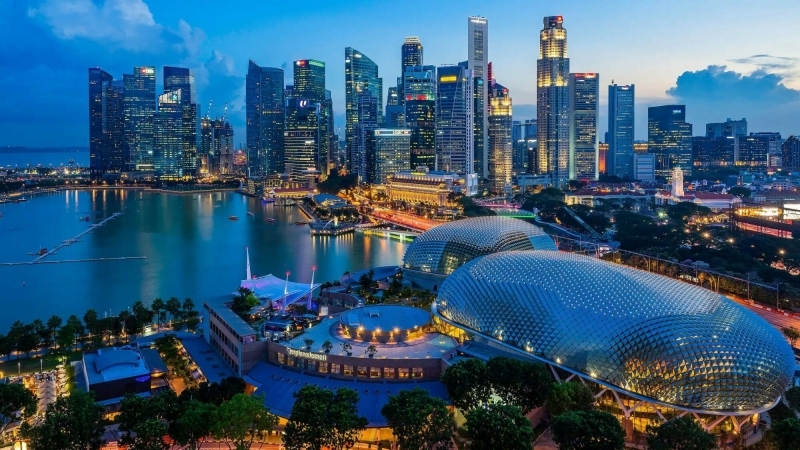
These measures include:
Imprisonment: Corruption offenses are punishable by jail time. For instance, in 2024, former Transport Minister Subramaniam Iswaran was sentenced to one year in prison for accepting illegal luxury gifts from businessmen and obstructing justice. This case marked the first corruption charge against a minister in Singapore in over 40 years.
Fines: Financial penalties are imposed on individuals involved in corruption, with amounts determined by the severity of the crime and the value of the bribe.
Asset Confiscation: Illegally obtained assets and property can be seized by the state.
Singapore’s fight against corruption is spearheaded by a dedicated organization—the Corrupt Practices Investigation Bureau (CPIB). This agency investigates corruption cases in both public and private sectors.
These strict measures have made Singapore one of the least corrupt countries globally, serving as a shining example of effective anti-corruption strategies.
Live
All